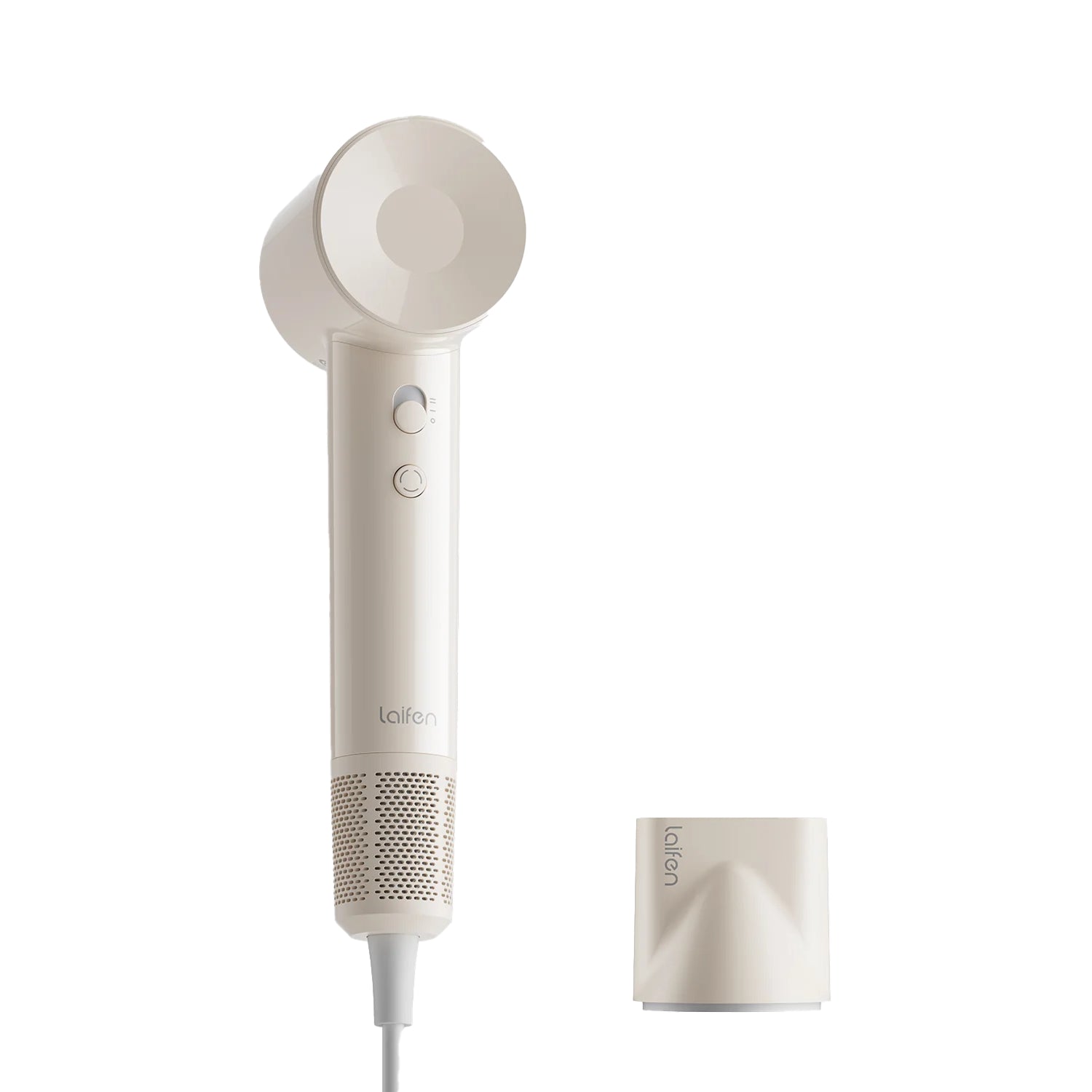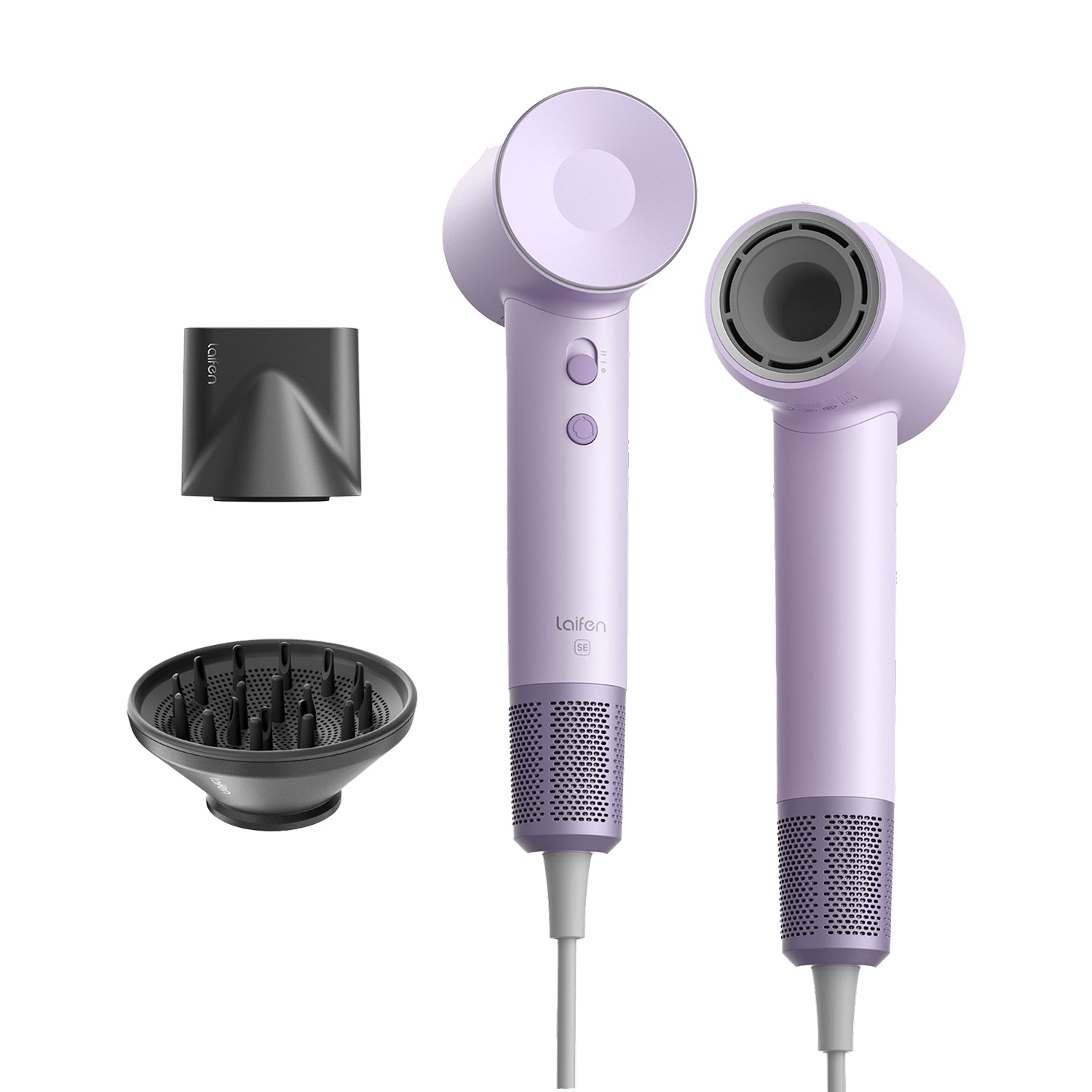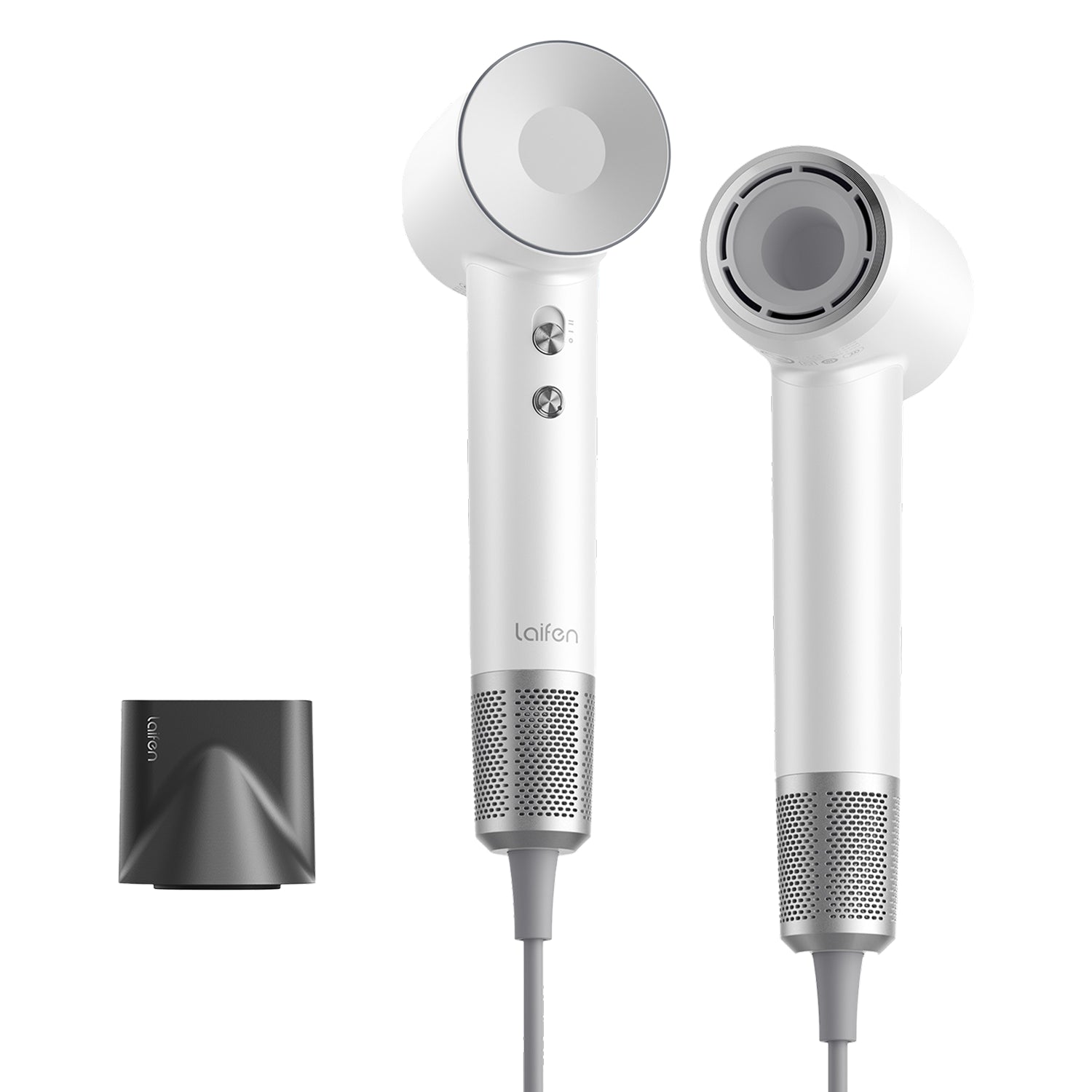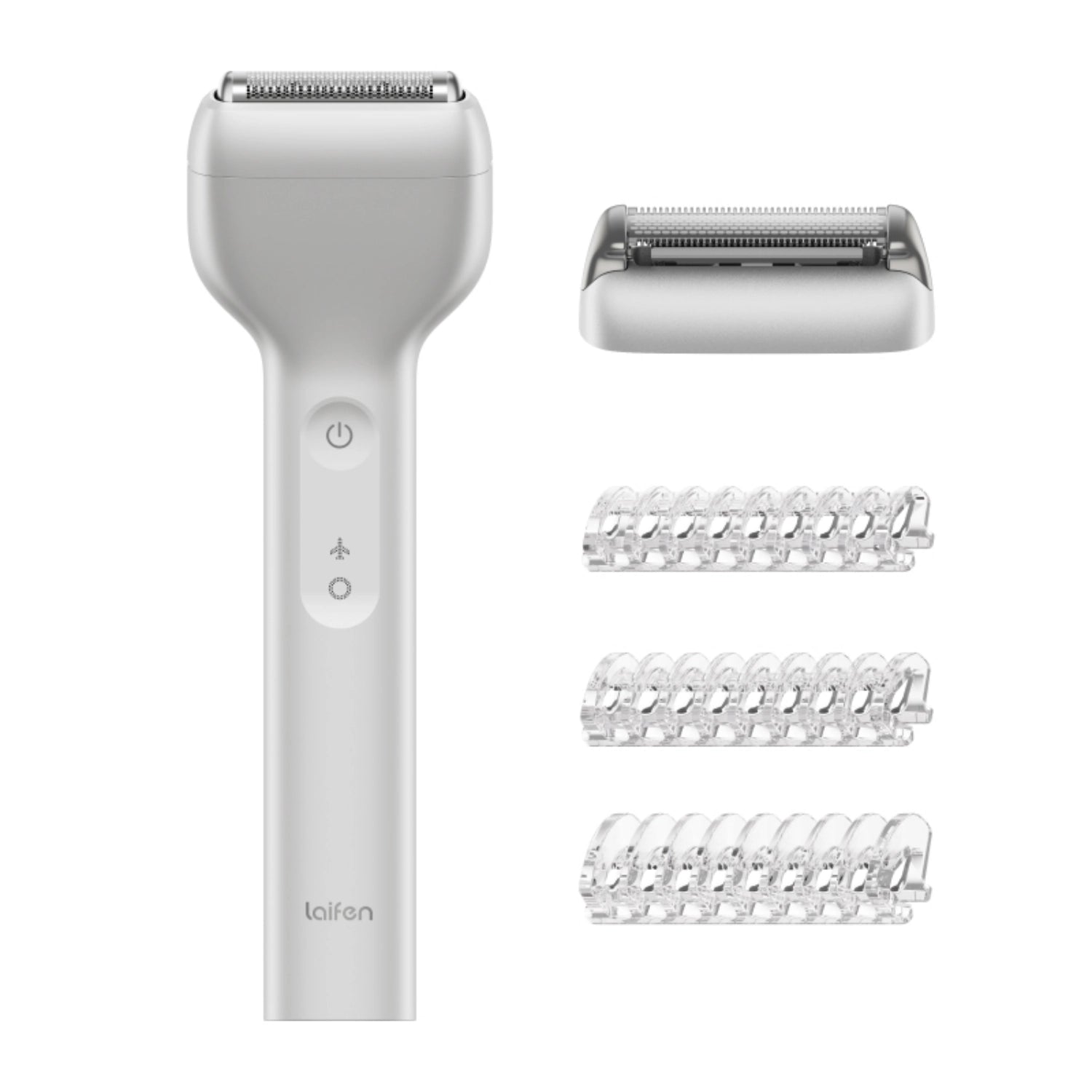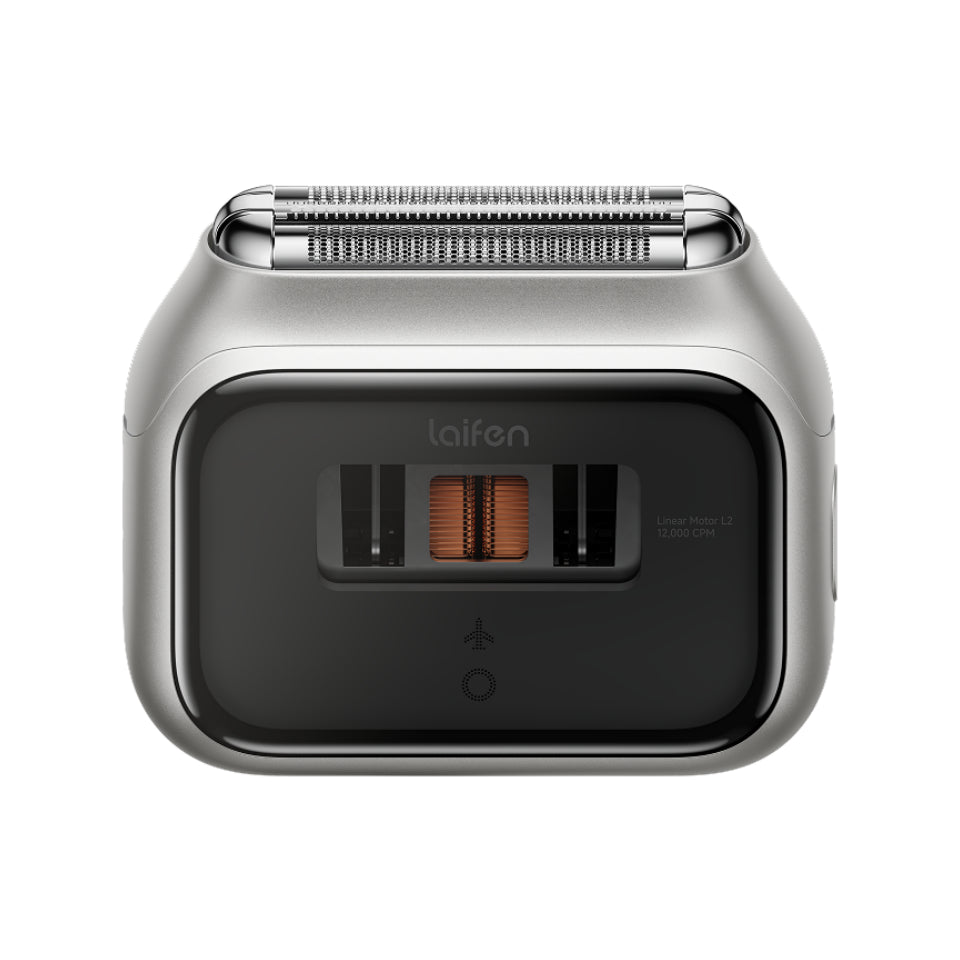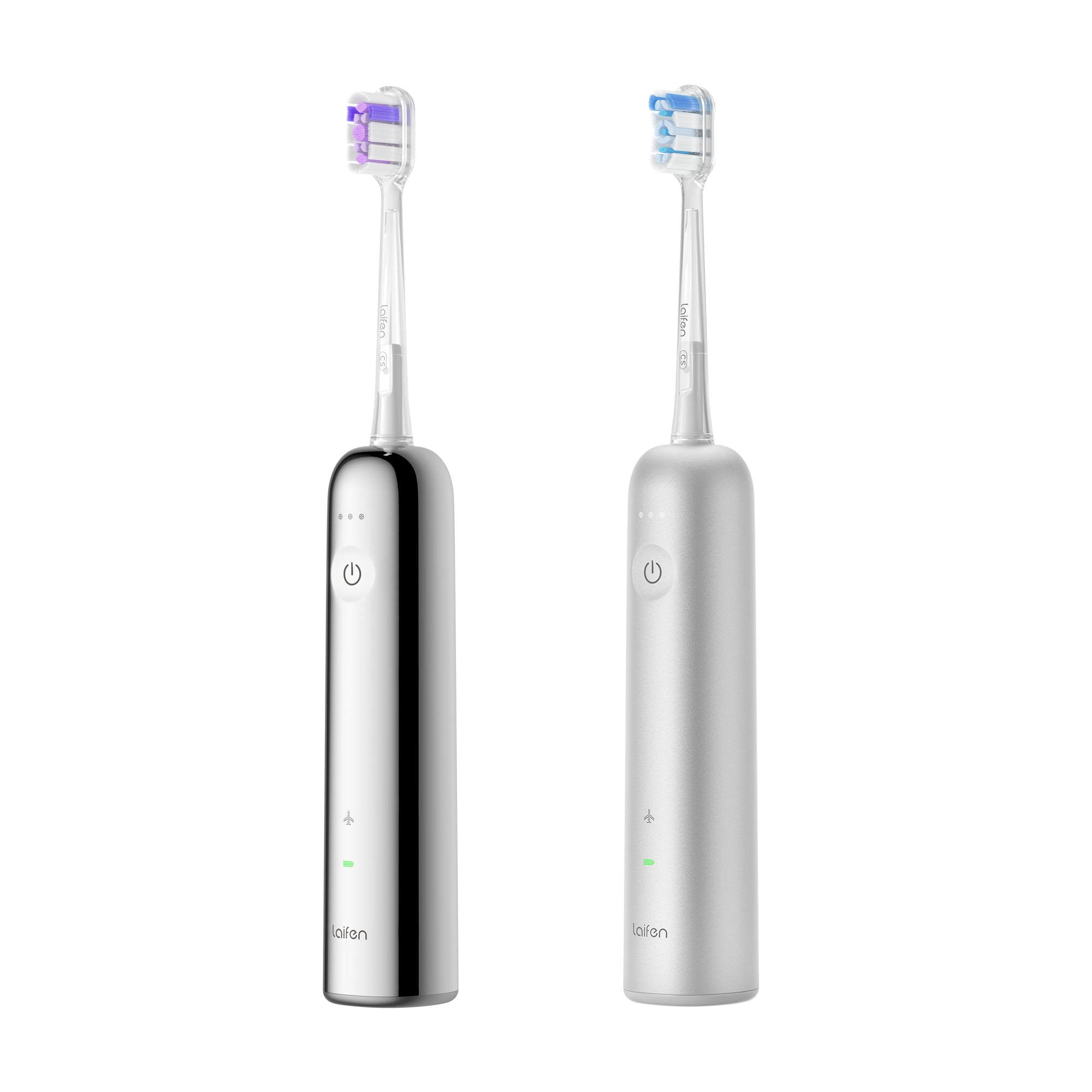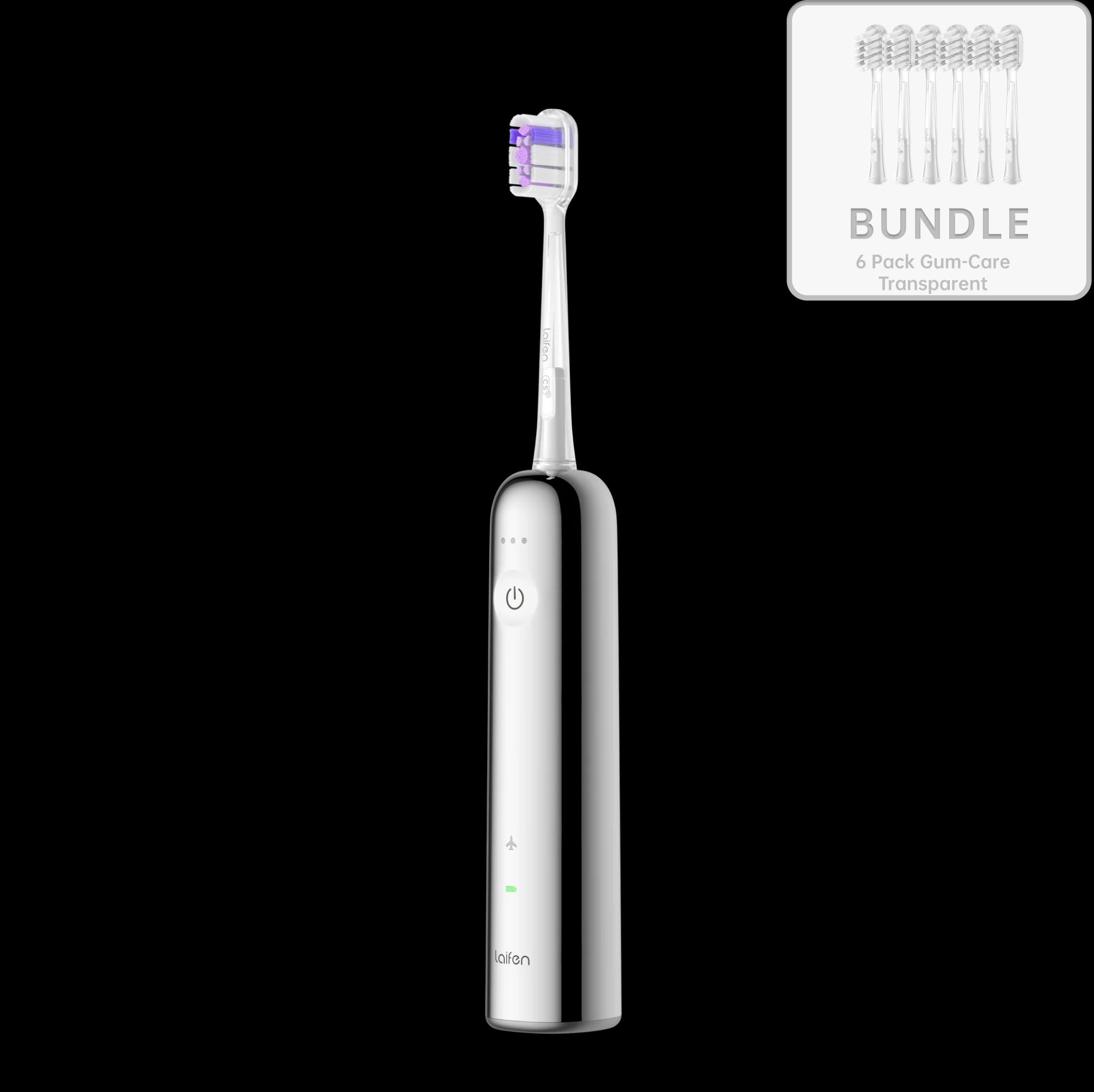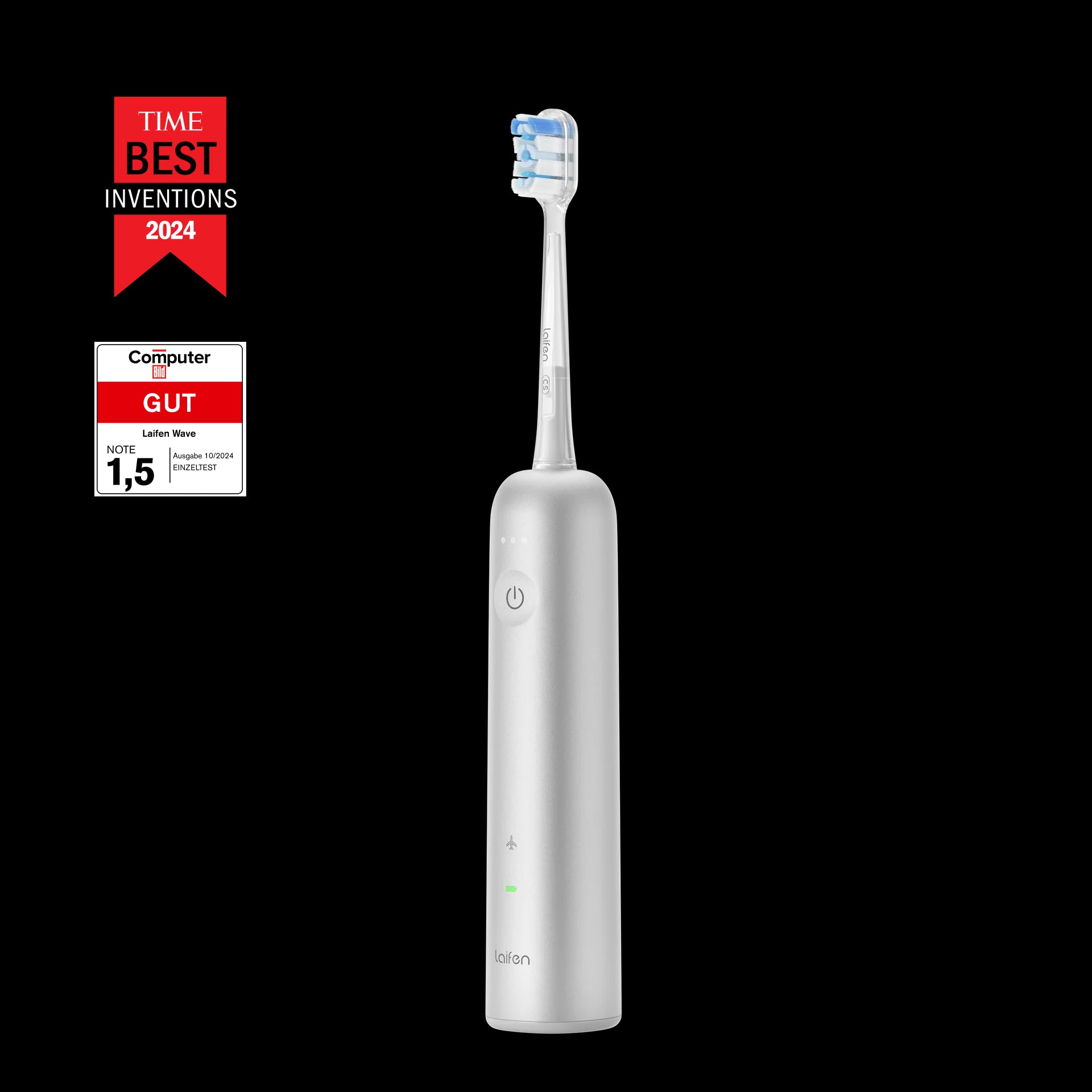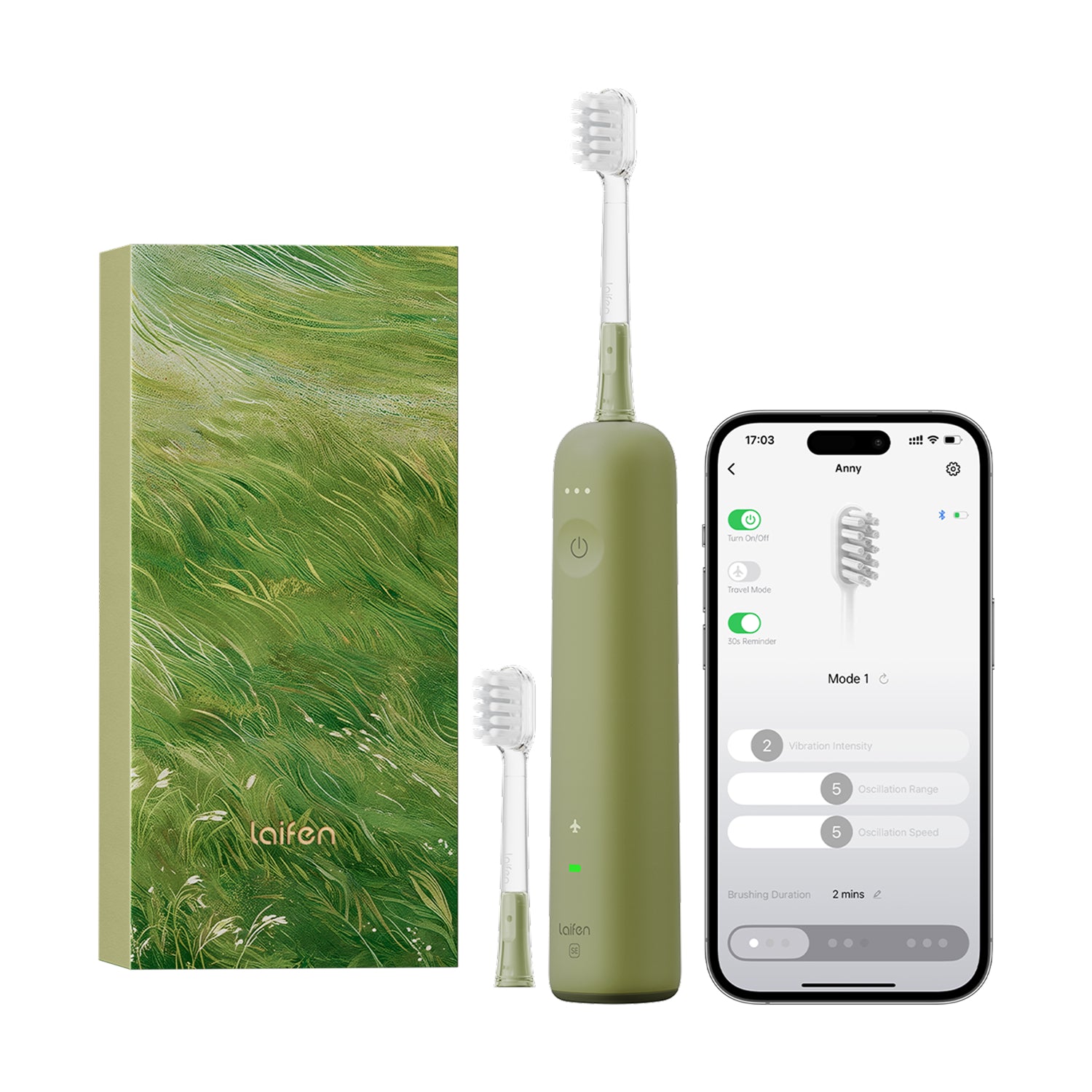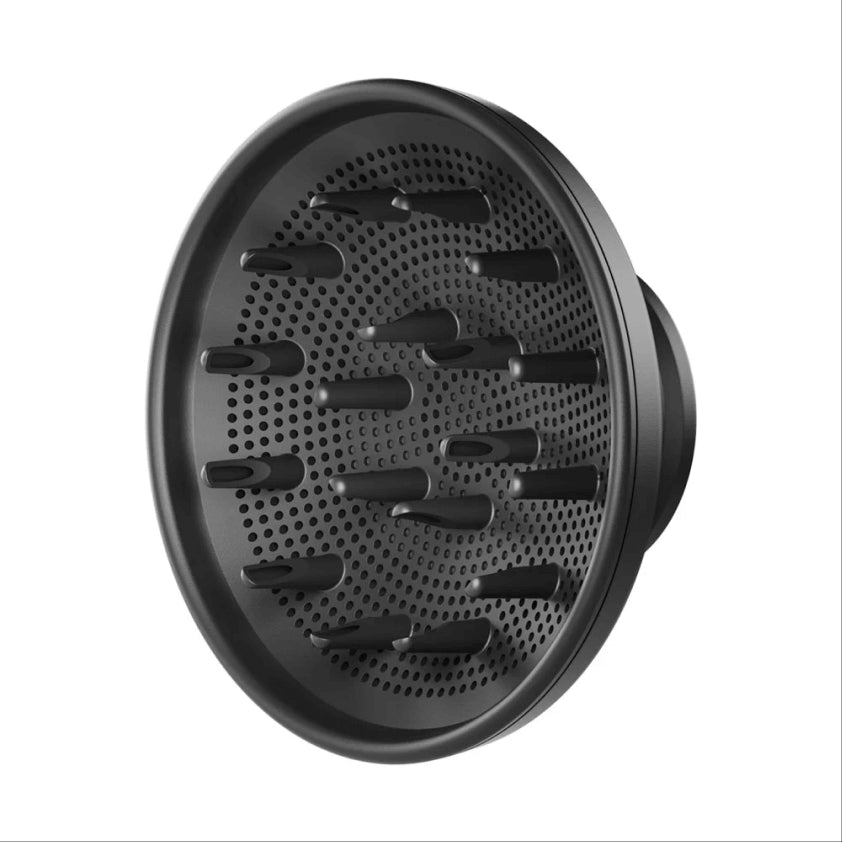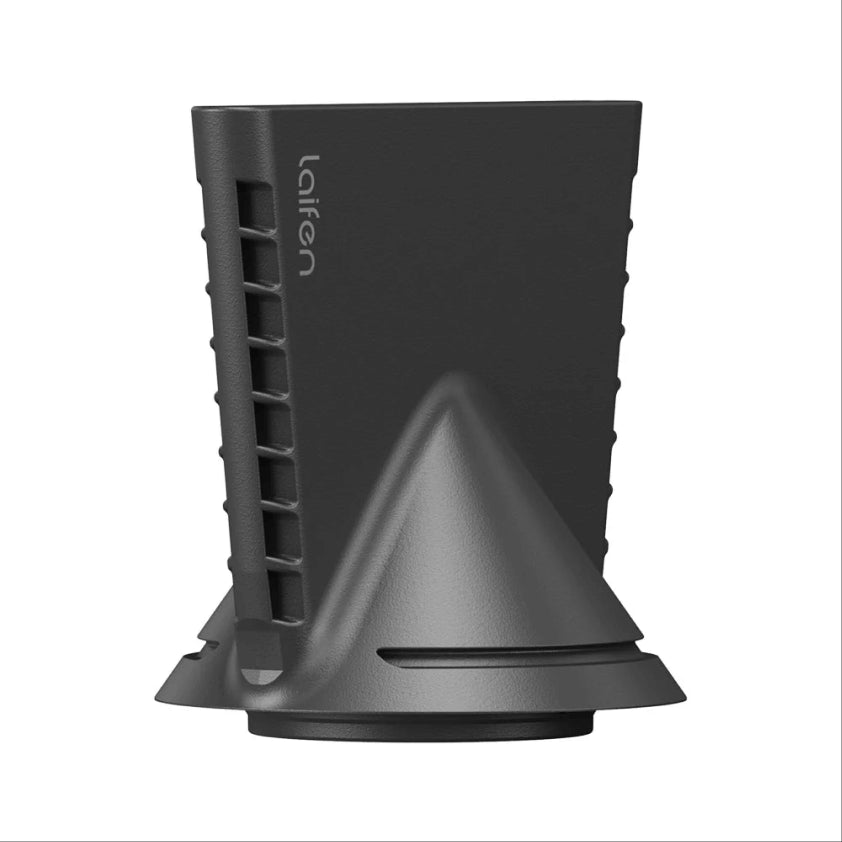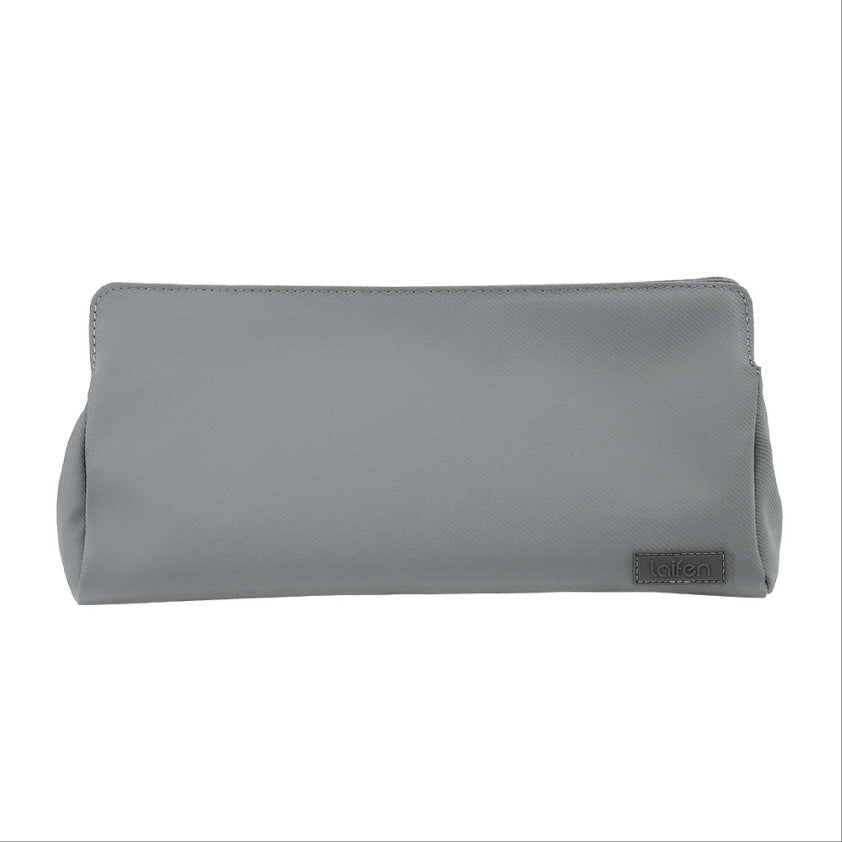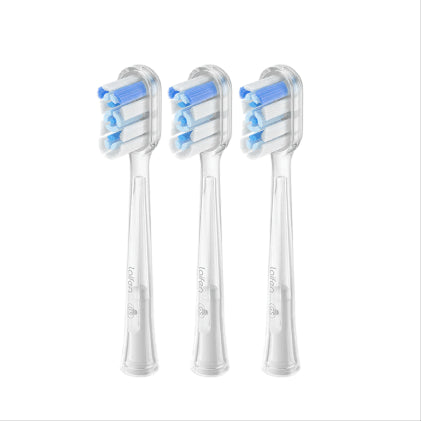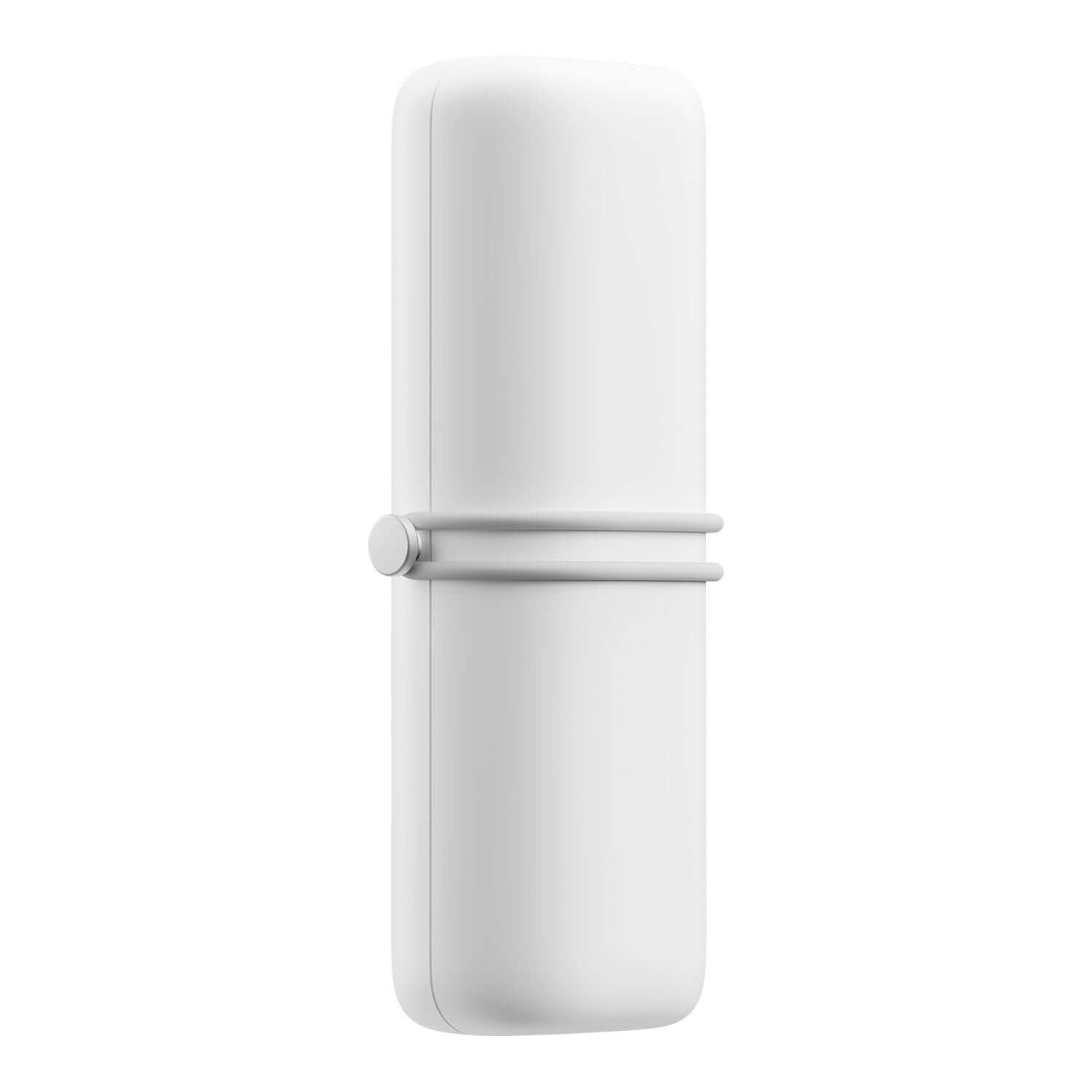
In this article
Ever felt that twinge of dread when you realize a tiny cavity has turned into a full-blown dental disaster? Tooth decay isn't just a pesky inconvenience—it's a serious problem that can wreak havoc on your oral health.
It starts innocently enough, with sugary snacks and neglectful brushing habits paving the way for bacteria to party on your pearly whites. But fear not! There are ways to stop the decay train in its tracks, and I'm here to spill the beans on how to do it like a pro.
Knowledge about tooth decay
What is it?
It is a common oral health condition characterized by the gradual breakdown of tooth structure due to bacterial activity. It begins with the accumulation of plaque, a sticky film containing bacteria and food particles, on the surface of the teeth.
When sugars from foods and beverages interact with these bacteria, they produce acids that erode the protective enamel layer of the teeth. Over time, this erosion leads to the formation of cavities, or holes, in the teeth, which can result in pain, sensitivity, and other dental problems if left untreated.
Cause
-
Oral bacteria, particularly Streptococcus mutans, feed on sugars and carbohydrates left on the teeth after eating.
-
Consuming sugary and acidic foods and beverages, such as candy, soda, and fruit juices.
-
Inadequate brushing and flossing allow plaque to accumulate on the teeth.
-
Saliva helps neutralize acids and remineralize tooth enamel. Conditions that reduce saliva flow, such as certain medications, medical treatments, or mouth breathing, can increase the risk of tooth decay.
Symptom
-
Increased sensitivity to hot, cold, sweet, or sour foods and beverages.
-
Visible signs of decay, such as cavities or dark spots, on the surface of the teeth.
-
Changes in the color or appearance of the affected tooth, such as white or brown spots.
-
Persistent bad breath or an unpleasant taste in the mouth.
-
Pain or discomfort while chewing or biting down on food.
How to naturally stop tooth decay at home
In this part, we're about to learn how to stop the tooth decay in 4 simple steps.
Step 1. Cut back on sweet treats
Slash your intake of sugary snacks and drinks to starve those pesky mouth bacteria that fuel decay.
Swap out candy bars for crisp, juicy apples, and sip on refreshing water instead of sugary sodas.
Step 2. Get scrubbing
Grab your trusty toothbrush and scrub those pearly whites at least 2 times a day with fluoride toothpaste.
Don't forget to swoosh some floss between those teeth to dislodge any sneaky food bits hiding in the crevices.
Step 3. Munch on tooth-boosting treats
Load up your plate with calcium-packed dairy delights, leafy greens bursting with vitamins, and crunchy nuts to give your teeth the nutrients they need to stay strong and resilient.
Step 4. Harness the power of nature
Try out some natural remedies like swishing coconut oil (yes, coconut oil!) in your mouth, giving your chompers a rinse with soothing saltwater, or treating them to a fluoride-free remineralizing toothpaste.
Just remember to check in with your dentist before diving headfirst into any new dental DIYs.
How to stop tooth decay pain
2 methods can stop the tooth decay pain to some degrees you can try:
-
When that dreaded toothache strikes, it feels like the world stops spinning. One trick shared here is to swish warm saltwater around in your mouth for a few minutes.
-
Another handy remedy is applying a cold compress to the outside of your cheek near the painful tooth.
How to get rid of tooth decay from smelling
First and foremost, brush and floss your teeth to remove any food particles or bacteria that may be contributing to the smell.
Next, rinse your mouth with an antimicrobial mouthwash to kill off any remaining bacteria and freshen your breath. You can also try chewing on a sprig of fresh parsley or mint leaves, which have natural deodorizing properties.
How to prevent tooth root decay
To begin with, make sure you're brushing and flossing like a boss. Get in there 2 times a day with some fluoride toothpaste and don't forget to give those pearly whites a good flossing to kick out any sneaky plaque.
Then, watch what you munch on. Sugary snacks and acidic drinks can be like a party invitation for bacteria, so try to swap 'em out for some crunchy veggies or a refreshing glass of water.
And don't forget to swing by your friendly neighborhood dentist regularly for a check-up and a good old-fashioned cleaning. With these simple steps, you'll be well on your way to keeping those tooth roots happy and healthy for years to come!
If you have solved your tooth decay problems, or you have tried those ways and found them useful, leave your comments below.
FAQ
Q1: Can you stop tooth decay from getting worse?
Absolutely, you can halt the progression of tooth decay and prevent it from getting worse with the right approach to dental care. You can cultivate habits such as brushing with fluoride toothpaste and flossing daily
Q2: Can you stop tooth decay if it already started?
The same oral hygiene practices mentioned earlier can help slow down or stop the decay process. Your dentist may recommend treatments such as dental fillings or crowns to restore and strengthen the affected teeth.
Q3: How do you save a badly decayed tooth?
In cases where a tooth has been badly decayed, saving it may require more extensive treatments such as root canal therapy or extraction. Root canal therapy involves removing the infected pulp tissue from the tooth and sealing it to prevent further infection. If the tooth cannot be saved, extraction may be necessary to prevent the spread of decay to surrounding teeth.
Q4: Why are my teeth rotting even though I brush?
Several factors could contribute to this, including diet, genetics, medical conditions, and oral hygiene habits. I believe you should evaluate your dietary habits and overall health with your dentist to identify any underlying issues.
Q5: Why are all my teeth decaying so fast?
-
Poor oral hygiene habits, like infrequent brushing and flossing
-
High consumption of sugary and acidic foods and drinks
-
Genetic predisposition to dental issues
-
Dry mouth, caused by certain medications or medical conditions
-
Medical conditions like acid reflux or eating disorders
-
Dental problems such as cavities or gum disease
-
Environmental factors, like fluoride deficiency or exposure to harmful chemicals

